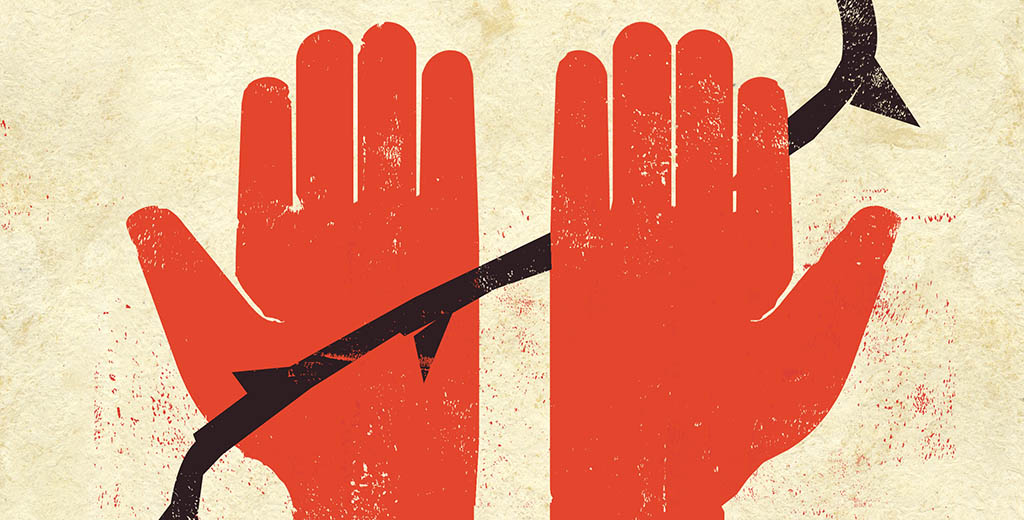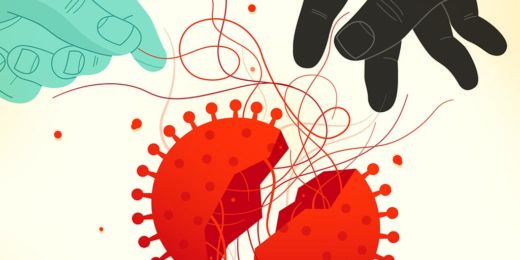Race and health in the United States are traditionally intertwined and, often, it's at the expense of people of color. Recent public health data makes that abundantly clear: People in Black and Latino communities are more likely to be exposed to, contract and die from COVID-19. African Americans have the highest mortality rate for all cancers when compared with any other racial or ethnic group. When compared with white adolescents, Indigenous American and Alaska Native adolescents are 30% more likely to be obese.
"Racial inequity is a public health crisis that's never been solved," Lloyd Minor, MD, dean of the Stanford University School of Medicine, said in the new issue of Stanford Medicine magazine, which focuses on racial inequity and inequality in health care. "Academic research plays a critical role in not only shedding light on why these challenges exist but also in devising new solutions that will help dissolve these long-standing disparities and pave the way to health equity," he said.
At the root of it all is structural racism, a deeply entrenched form of racism manifested through laws or policies within society or an organization. A story I wrote for the magazine -- "Righting decades of wrong" -- highlights projects involving Stanford Medicine researchers, leaders and health care providers who aim to help remedy a legacy of health inequities.
These projects include:
Barbershop connections: Italo Brown, MD, a Black clinical assistant professor of emergency medicine and others at Stanford are harnessing what they call "cultural capital" to deliver health information directly to Black communities in multiple cities across the United States.
How? By training barbers to teach patrons about mental health, the importance of safe sex, prostate checks and healthy eating and exercise habits. Even as the pandemic put restrictions on barbershop businesses, Brown and his collaborators remained nimble, educating barbers about social distancing and hygienic practices to protect against the virus.
Food as medicine: Lisa Goldman Rosas, PhD, assistant professor of epidemiology and population health and of medicine, is testing the power of leafy greens in a study designed to determine whether healthy foods can mitigate chronic disease risk. Goldman Rosas and others are collaborating with local sustainable farmers to connect people at high risk for chronic disease with weekly boxes of vegetables and recipes to prepare them.
"I spent a lot of time working in the Salinas Valley during graduate school with people who were picking the fruits and vegetables that were in local grocery stores, yet they couldn't afford to buy these foods for themselves" Goldman Rosas said. The study lasts 16 weeks, but steps are taken to help families continue to receive weekly deliveries of veggies.
Other projects or initiatives include a study that aims to bring clean air to a heavily polluted, predominately Latino city; a research partnership between scientists at Stanford and American Indian tribes; and an effort to capture the full spectrum of skin tones in dermatology.
To learn more about how Stanford Medicine scientists are fighting for healthy equity, read the full story.
Photo by Edel Rodriguez






